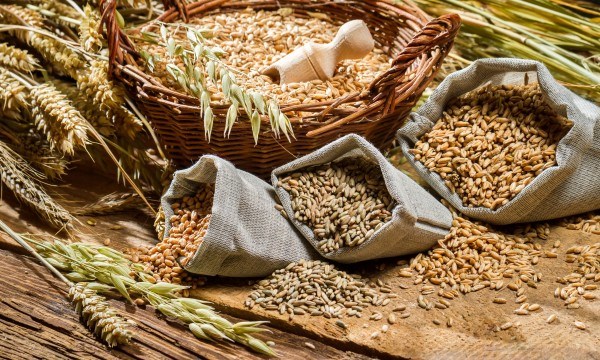Russia suspends grain exports
Russia has suspended grain exports to the world market for the first time since 2010.
According to Interfax, on Sunday, April 26, grain exporters fully used up the quota of 7 million tons, which was set for them by the Russian Ministry of Agriculture. The quota of 7 million tons was valid for the period from April 1 to June 30 and was chosen ahead of schedule.
The Ministry of Agriculture does not plan to increase its volume in the current season, the deputy head of the department Oksana Lut warned on April 17. Exhausting the quota would mean suspending exports outside the Eurasian Economic Union (Belarus, Kazakhstan, Russia, Kyrgyzstan and Tajikistan), Lut said, adding that there are no exceptions for individual companies.
The rate of depleting the quota outpaced the forecasts of the Ministry of Agriculture, which expected that the export of grain will stop in mid-May.
The grain embargo is being imposed in Russia for the first time in 10 years. The last time the authorities banned grain exports was August 15, 2010, because of a severe drought that threatened a sharp rise in prices. The ban applied to wheat, barley, rye, corn, wheat or wheat-rye flour and was in effect until December 31, 2010.
This year, the south of Russia also faced dry weather, which in the Black Sea region was observed in winter and continues in the spring, notes Andrei Sizov, director general of the SovEcon think tank.
"In the Russian south, the rain in recent days has not been able to significantly improve the situation. In April, Kuban received only 8% of the monthly precipitation rate, Rostov-on-Don - 36%, and Stavropol - 17%. Weather models predict no more than 5 mm of precipitation in southern Russia in the coming week and 5-15 mm in a week. If this pattern continues it would mean that April will be another extremely dry month compared to the norm," Sizov said.
Drought is pushing up prices, he adds. Last week, European wheat on the Euronext exchange broke the mark of 200 euros per ton for the first time. The asking price reached 206 euros, which is the maximum since January 2019.
